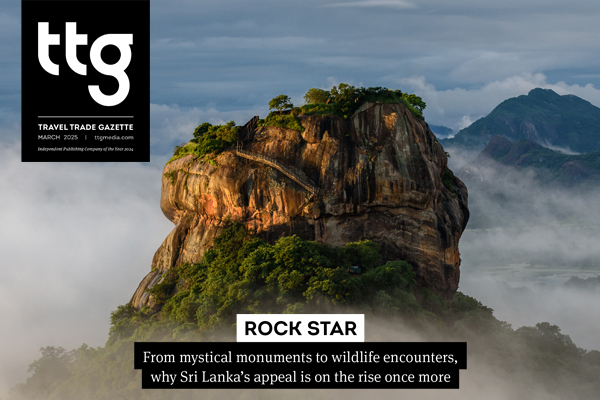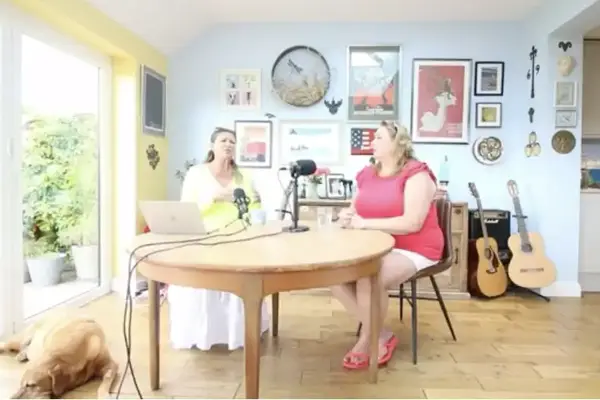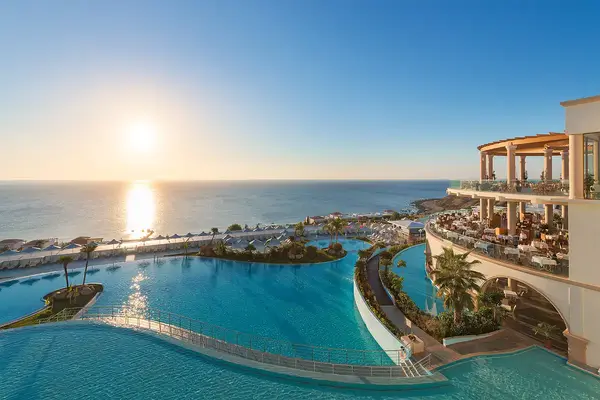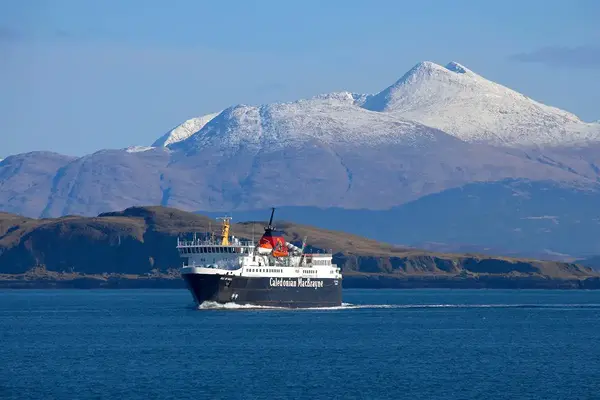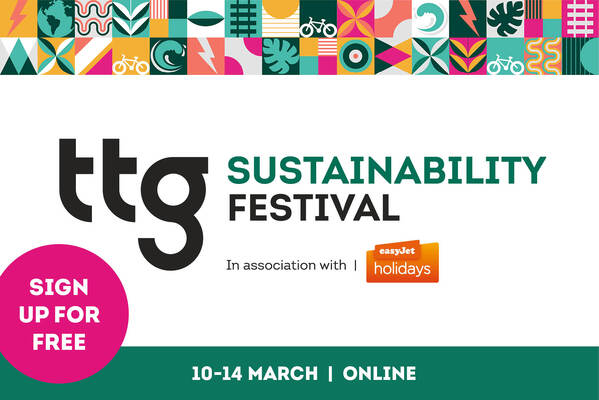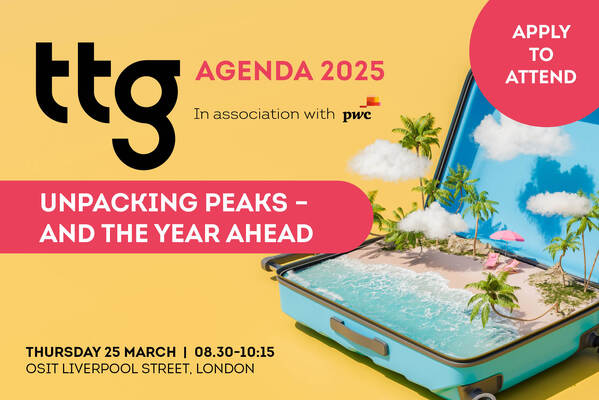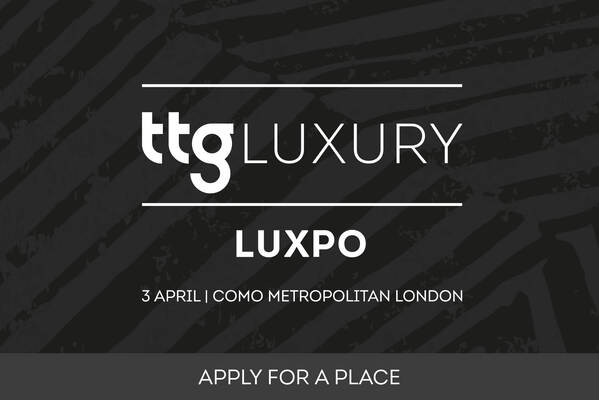Conversations around DEI are changing – so have travel ads kept up?
Now the Christmas decorations are down and peaks in full swing, most people’s thoughts have already turned to the holidays they’ll be taking in 2024 with the cost of living squeeze still very much front of mind for many.
But what are travel industry professionals thinking about in the new year? Our recent Diversity and Confusion research piece sought to dig deeper into what considerations are weighing on our colleagues and peers’ minds.
It revealed 45% of people in travel place a high level of importance on issues of diversity, equity and inclusion (DEI); this compares against a national average of 57% across other sectors, including healthcare (66%) and arts and culture (65%).
So is travel really reluctant to engage in conversations around DEI? We thought it would be interesting to review five 2024 peaks campaigns to see if this lack of engagement was seeping into travel’s marketing and advertising. And we were pleasantly surprised to find this year’s crop represent a definite step in the right direction.
What now is vital is for travel leaders to reframing conversations about DEI as conversations around becoming – and remaining – relevant to consumers, not to mention agents and other travel professionals from diverse backgrounds, at a time of significant shifts in societal discourse.
And ultimately demand more of their teams and creative agency partners to ensure their brands stay relevant to the holidaymakers of today – and tomorrow.
What do you think? Join in the debate in the comments section below, or email feedback@ttgmedia.com. Alternatively, head to one of TTG’s social media channels to get involved.
P&O Cruises: 'Holiday Like Never Before'
Being up to date with the latest dialogue about Britishness is vital for "Britain's favourite cruise line". The last couple of years has seen a lot of conversations around the British Empire, the links between exploration and exploitation and – contrary to what many of us learnt in school – the acknowledgement that colonialism has far reaching negative ramifications to this day. Against this backdrop, the 1950s classic "Beyond the Sea" soundtrack could be deemed a little too reminiscent of colonial exploration.
That said, the execution successfully includes people from different cultural backgrounds and – crucially – has very clearly steered away from only having people from under-represented communities in serving roles. This is an important point: representation is more than skin-deep, and we need to look beyond a cast of diverse talent to the roles they are given and the storylines they are expected to bring to life to ensure stereotypes aren’t being inadvertently reinforced.
Notable, though, is the lack of representation of the disabled community. We regularly invite our clients to consider the brand’s "right to play" – does the brand have a credible reason to include elements such as the particular storyline or a specific community? Given P&O Cruises' ships cater for accessibility needs, it feels like a missed opportunity that there is no representation of visible disability.
Kuoni: 'Travel Worth Talking About'
This execution is beautifully understated in its inclusion of different communities. The inclusion of what looks like a same sex couple 14 seconds in (almost a case of ‘if you know, you know’) is a credible and authentic way to move beyond surface representation in a short period of time.
The characteristics included (race, ethnicity and sexuality) are not central to the storyline but woven in sensitively without unnecessary fanfare. Again, notable in absence is the disability community - although given only 4% of people represented in ads are disabled (according to research from Channel 4), it’s - sadly - not surprising.
Center Parcs: 'Cherish Every Moment'
Set to All Saints’ ‘Black Coffee’, this family-focused film feels really fresh. That it opens on two Black children ziplining is - for me as an Indian mother of three children - a clear signal that the brand is open and welcoming to all.
Even better might have been the inclusion of non-traditional family structures - specifically same-sex parents - to amplify the family message in a credible way that is relevant to such a large section of society. Surprisingly, given the rise in UK multi-generational households - approximately 1.8m according to the Cambridge Centre for Housing and Planning Research - there is no inclusion of multi-generational families.
Heathrow Airport: 'Arrival'
Conversely, Heathrow Airport’s Festive Travel stories features a multi-generational family front and centre. Other executions ‘Love’ and ‘Keepsake’ focused on a couple and a father-daughter relationship respectively. The beauty to these is the single-story, meaning the narrative can have the depth and nuance that so many mass-appeal brands struggle with.
By focusing on a singular narrative, the opportunity opens up for credible and authentic representation - enabling various audiences to feel ‘seen’ through the combination of human truths and the cast chosen to bring those to life. Not all brands can afford to create multiple executions, but these particular films highlight the benefits of having the time and budget to plan and create deeper stories.
Expedia: 'Sonia and Bill'
I thought it right to include an example of an advert that considers disability inclusion. Expedia’s ad succeeds in representation without feeling tokenistic, with the storyline itself not focusing on the disability per se, but the need for a dog-friendly holiday.
I would like to hope that the team behind it adopted the disability community's ethos of 'nothing about us, without us' - meaning that they worked equitably with people with lived experience who could inform and shape the campaign, to ensure accuracy and avoid performativity.
Be intentional; focus on the detail; be collaborative
So what can we take away from these examples? Here are my top tips marketing teams, creatives, PRs and press teams can take away to help embed inclusion into campaigns seamlessly:
- Be intentional – Avoid a Noah’s Ark approach to representation in advertising and really think about the communities you should be featuring as a brand and the stories that you want to tell about them.
- Think about everyday inclusion – The more you can tell stories that happen to feature inclusion, versus box-ticking for the sake of it, the more credible and authentic your campaign will be. The Expedia, Heathrow and Kuoni ads are great examples of this.
- Be alert to the potential of stereotyping – Travel brands must take the time to understand the tropes and stereotypes in relation to the characters and communities the advertising is seeking to include to ensure there is no unintentional stereotyping. The P&O Cruises ad is a good example of going beyond surface representation to challenge ways in which underrepresented communities tend to be seen.
- Focus on the detail – The goal should be to meaningfully represent a person or people. Be as specific as you can with your creative agencies - ‘people of colour’, for example, won’t help them to refine a strategy and creative idea. Say what you really mean.
- Collaboration is key – It is vital for audiences to be involved in the creation of campaigns that are supposedly targeted towards them. This moves beyond asking someone for their thoughts to intentionally building in a careful and equitable approach to honouring lived experiences throughout the process. This ensures authenticity and encourages members of groups and communities to actively get involved in the creation of campaigns, thus helping to mitigate the risks of making mistakes or omitting important nuances.
Shilpa Saul is inclusive communications director at The Unmistakables, and has nearly 30 years’ experience in PR, marketing and communications. She is a former head of PR and communications at Royal Caribbean.
Sign up for weekday travel news and analysis straight to your inbox
Supplier Directory
Find contacts for 260+ travel suppliers. Type name, company or destination.


